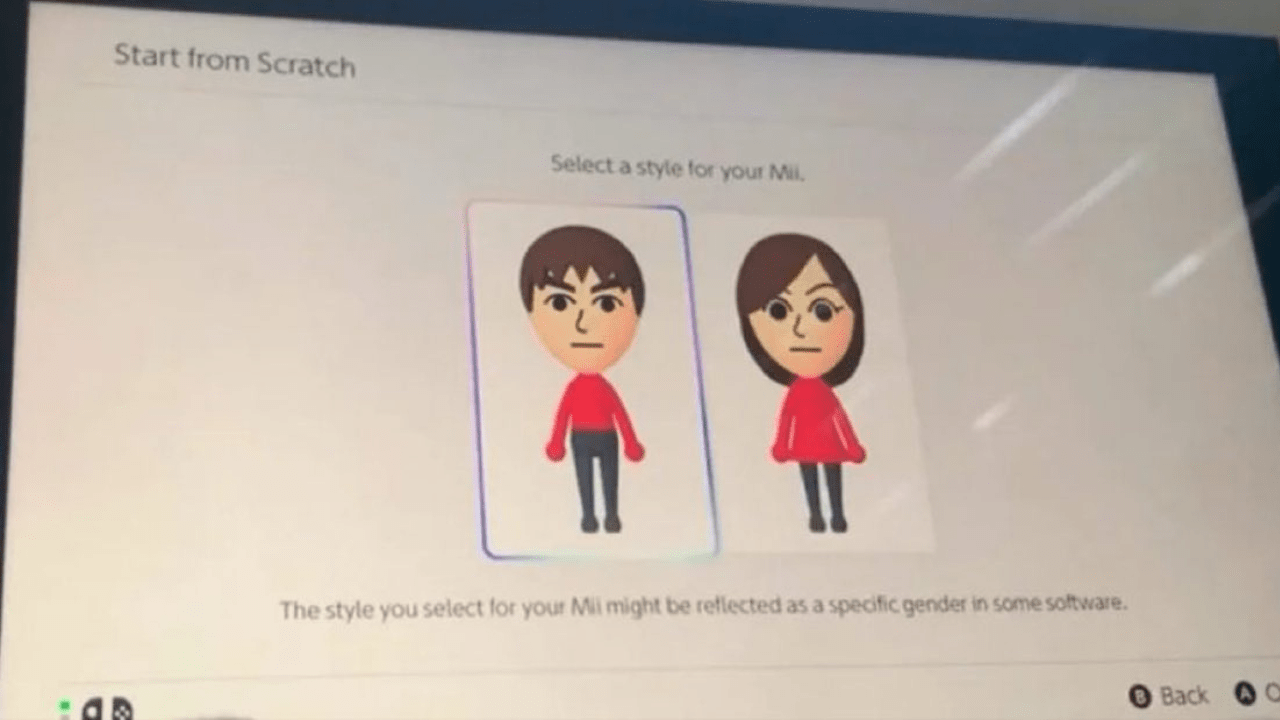
Prior to the launch of Nintendo’s eagerly awaited Switch 2 gaming system, a subtle yet impactful alteration in its design stirred fresh discussion among gamers: the exclusion of gender options during the customization of Miis (avatars).
Nintendo removed genders from Miis on Switch 2
— Pirat_Nation 🔴 (@Pirat_Nation) June 4, 2025
This week, multiple sources confirmed that the upcoming Switch 2 will feature an updated Mii setup, doing away with the conventional “male” and “female” options for gender selection. Instead, it offers two customizable “styles,” which do not use gendered terms, thereby enabling players to personalize their characters without restricting them as male or female. The original design of Miis from the Wii and initial Switch remains the same in appearance; what’s different is the way Nintendo intends for users to identify these characters.
A message appears at the bottom of the screen, informing players that “Your chosen style for your Mii character may be interpreted as a particular gender within certain software.

Previously, Nintendo has taken steps in a similar direction. In the year 2022, the game Splatoon 3 opted for a style system instead of traditional gender options for customizable characters, eliminating restrictions on clothing and hairstyles. Similarly, Animal Crossing: New Horizons and its predecessor from 2012, New Leaf, have made progress towards gender-neutral self-expression.
However, the recent change occurring so soon after a significant event within the industry has sparked intrigue among many observers.
Gamers Already Voted, and the Results Were Clear
In January, the CEO of CI Games, Marek Tymiński, conducted a popular poll that inquired about players’ opinions regarding selecting a character’s gender during game creation.
Approximately 88% of over 49,000 participants indicated a preference for the conventional “male” or “female” choices in a survey.
Based on more than 49,000 votes, an overwhelming 88% of you have expressed a preference for “male/female” character options. As a studio that prioritizes gamers, we will adjust Lords of the Fallen (2023) and subsequent games in the series to reflect your choice. Keep an eye out for updates!
— Marek Tyminski (@tyminski_marek) January 15, 2025
In response to this clear feedback, Tymiński promised not just to adhere to this preference in future games but also to update Lords of the Fallen by introducing male and female character options – thereby abolishing its debated “Body Type A/B” system.
He did exactly that and was rewarded with a sales explosion.
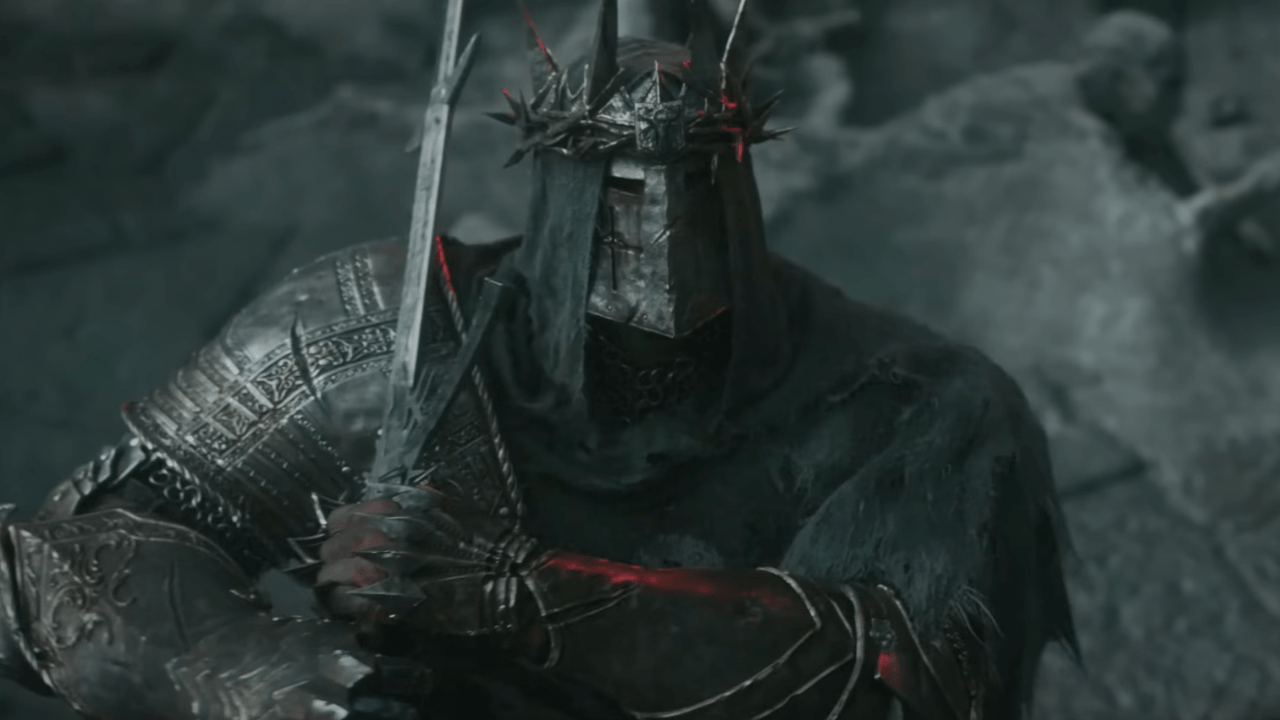
In his post, Tymiński stated that out of more than 49,000 votes cast, approximately 88% expressed a preference for the ‘male/female’ option. As a studio prioritizing players, we will adjust Lords of the Fallen and future titles in the series based on this feedback.
1. Fans celebrated the announcement as an unusual instance where a game developer heeded the voices of its players and altered their direction. However, the Body Type A/B system, prevalent in numerous AAA games, was criticized for unnecessarily incorporating identity politics into gaming. (95 characters)
2. Fans acclaimed the announcement as a seldom occurrence of a game studio responding to its players and modifying their approach. On the other hand, the Body Type A/B system, found in many AAA titles, drew criticism for needlessly including identity politics in gaming. (93 characters)
3. The announcement was lauded by fans as a unique example of a game studio acting upon player feedback and changing their strategy. Conversely, the Body Type A/B system, which is often seen in AAA games, was criticized for intruding unnecessarily on identity politics within gaming. (97 characters)
Each of these sentences maintains the original meaning while using different phrasing to make it more readable and natural.
A Tale of Two Studios
Nintendo’s move aligns with its current design patterns, but it also mirrors a wider shift happening within the video game industry. Some creators are emphasizing gender issues, whereas others are revisiting traditional styles.
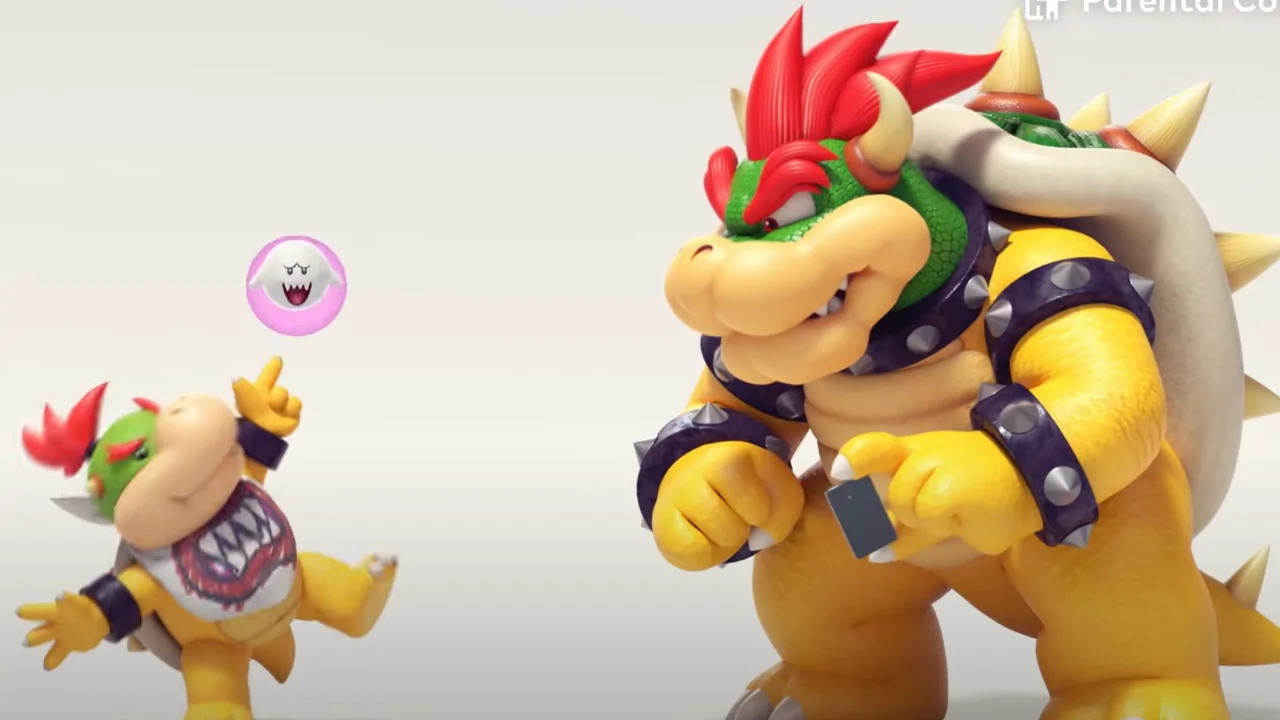
The action taken by CI Games was particularly significant as it decided to revise the character system of an already live product, which is quite rare in the gaming industry. Tymiński’s commitment to reform Lords of the Fallen was applauded as a stand against controversial ideologies and a focus on delivering what players truly desire.
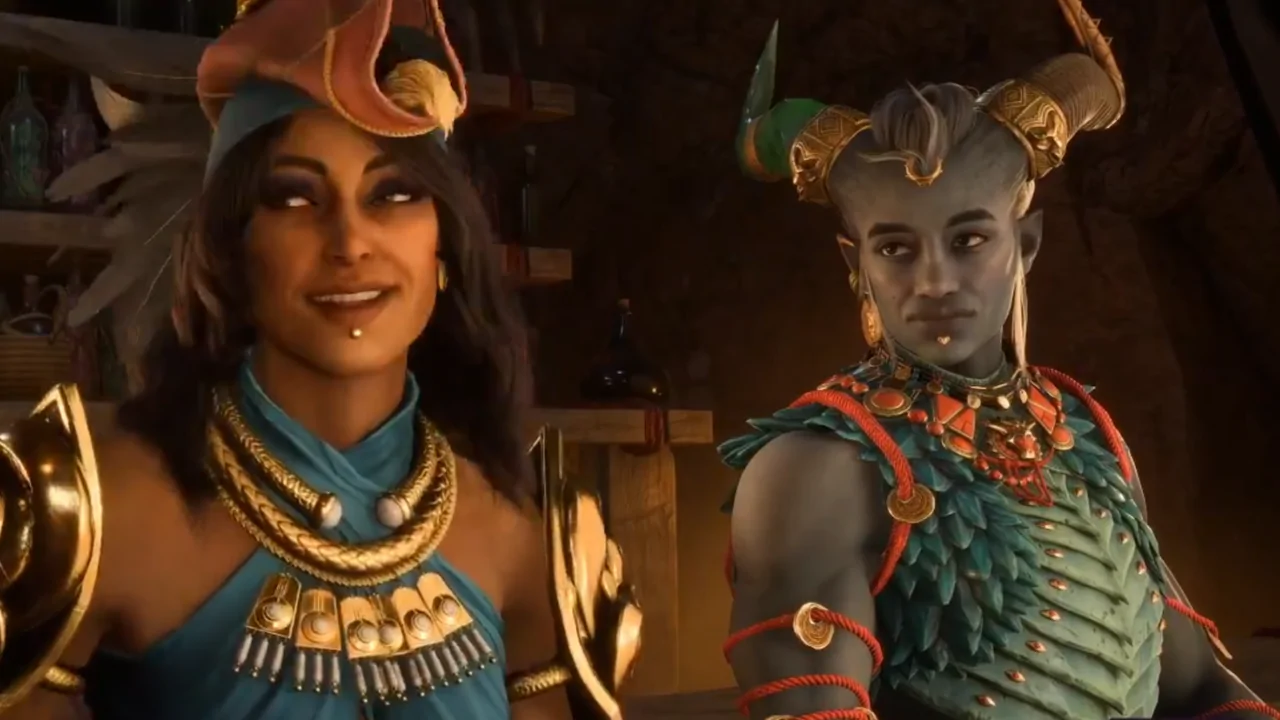
Simultaneously, studios such as BioWare have been subjected to increasing criticism due to similar identity-driven modifications. For instance, Dragon Age: The Veilguard encountered criticism for its emphasis on progressive customization options (like combining voice types with any body and incorporating top surgery scars) against the backdrop of dismal sales figures and high refund rates.
The title is often referred to as a warning story about prioritizing social messages over players’ preferences.
The Bigger Picture
Nintendo’s decision to eliminate gender labels for Miis might not spark instant controversy as it does with some AAA RPGs, but it certainly prompts discussions about the future direction of the gaming industry. As CI Games upholds player-led development and studios like BioWare face a decline in goodwill and market share due to ideological customization, the debate surrounding gender representation in games persists.
In essence, the question boils down to this: Do game developers primarily create games for their own enjoyment, or do they focus on satisfying the needs and preferences of the gamers?
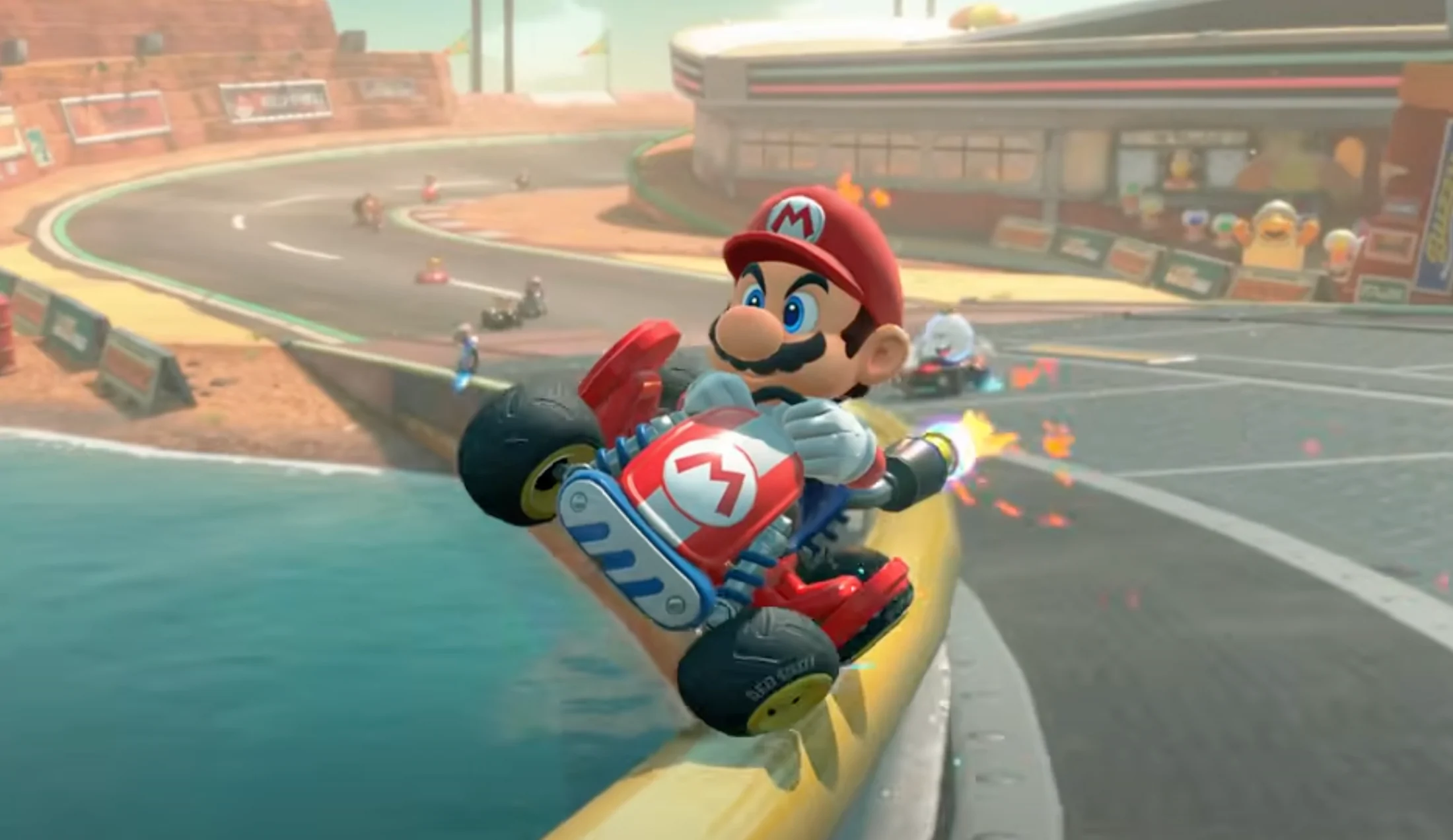
Approaching the launch of Switch 2, Nintendo’s methodology appears deeply ingrained in their brand. However, CI Games demonstrates an alternative route – one where player interaction significantly molds the end result of the product.
It seems that, according to Marek Tymiński’s survey, there are numerous gamers yearning for a straightforward approach to character creation once more.
Read More
- CRK Boss Rush guide – Best cookies for each stage of the event
- Fortress Saga tier list – Ranking every hero
- Glenn Greenwald Sex Tape Leak: Journalist Cites “Maliciously Political” Motives
- Mini Heroes Magic Throne tier list
- Grimguard Tactics tier list – Ranking the main classes
- Cookie Run Kingdom Town Square Vault password
- Castle Duels tier list – Best Legendary and Epic cards
- How to Prepare and Dominate the Awakened Hollyberry Cookie Update
- Hero Tale best builds – One for melee, one for ranged characters
- Overwatch Stadium Tier List: All Heroes Ranked
2025-06-05 22:57